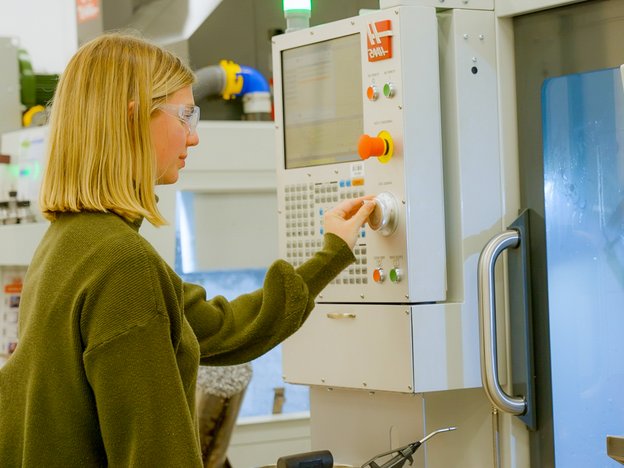Biomedical engineer, Kaipūhanga rongoā koiora
Also known as
- Bioengineer, biotronics engineer, prosthetist, orthotist, biomedical engineering technologist, bioprocess engineer, clinical engineer
Biomedical engineers design and develop medical equipment and products, and machines for diagnosing medical problems. They also install and maintain biomedical equipment.
Duration
2:42 mins
Your pay could be
$66K
Lower
$79K to $121K
Most common
$156K
Upper
How does this pay compare?
Pay is before tax

Biomedical engineers
- usually work regular business hours
- work in offices, workshops, laboratories and hospitals
- need to be accurate, methodical and identify and solve problems
Tasks
- design medical equipment, products and machines
- test medical equipment, products and machines
- develop software for medical equipment
- create computer simulations of medical systems
- analyse data to check equipment performance
- write instructions for using equipment
- train workers to use equipment
- explain technical information to suppliers and agencies
Investigative
Practical
Organised
Interests that fit this job
Interest quiz,
Kairoro Whakaritea
Do the Interest quiz to find out how well your interests fit with this job.
Do the quizYou need a qualification to become a biomedical engineer and experience may useful.
You need
You may need
- experience in similar work
- a postgraduate diploma in biomedical engineering
- a Master of Medical Engineering
- to be registered as a Chartered Professional Engineer with Engineering New Zealand
If you’re in school
You need University Entrance to do the study or training for this job.
Loading job ads
Other career ideas in Electronics and machineryĒtahi atu huatau aramahi i Mātai tāhiko me te mīhini,
Showing career ideas 1-6 of 24